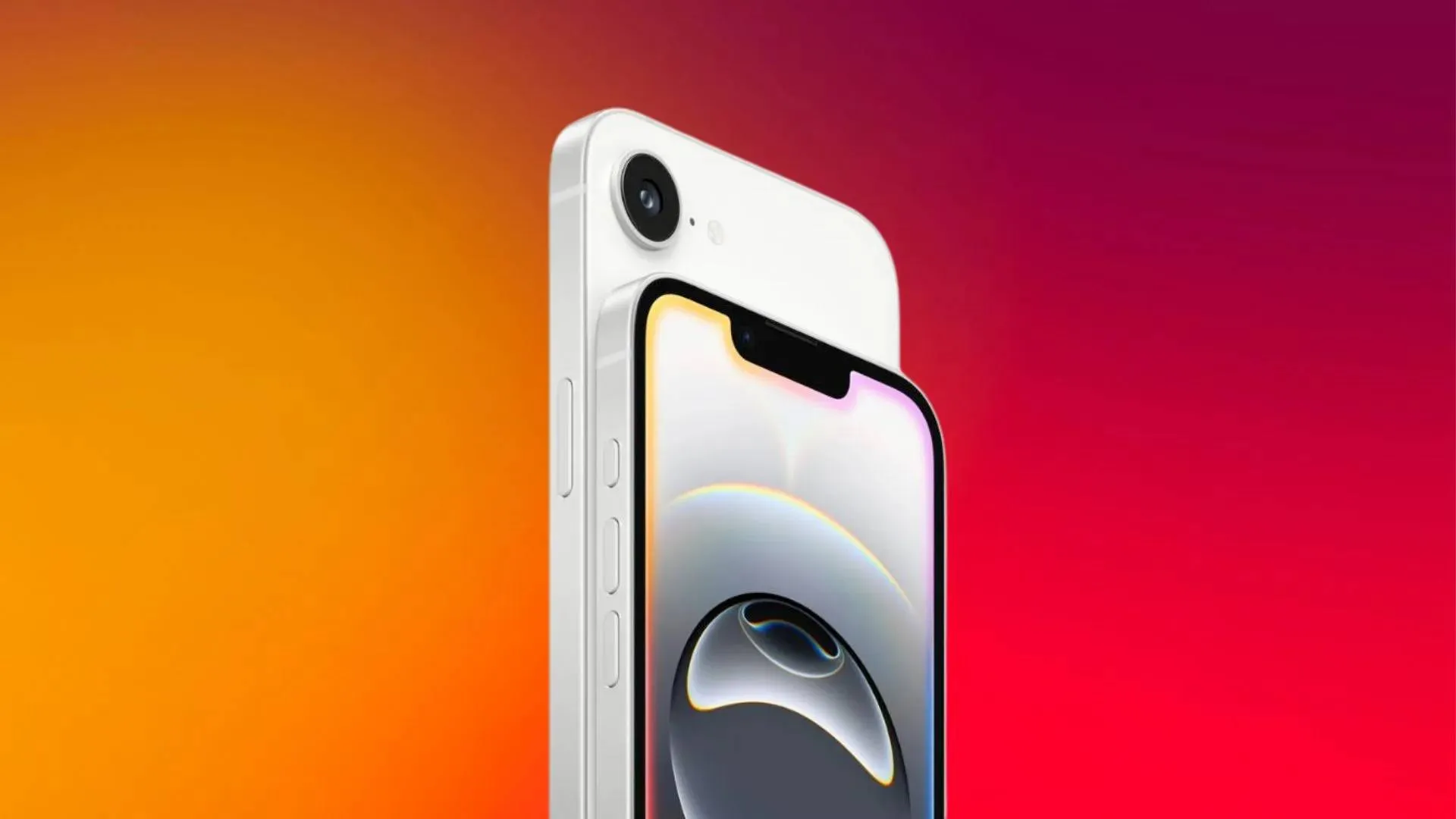Huawei Kirin 950 SoC leaks in benchmarks, slays Exynos 7420
Leaks and Spy photosWednesday, 04 November 2015 at 03:48

The Exynos 7420 is regarded among the most powerful mobile SoCs among Android phones. However, that might soon change later this month.
Huawei are in line to launch the upcoming Kirin 950 SoC, which just happened to leak in a benchmark listing via Geekbench. And guess what, the Kirin 950 beats the Exynos 7420 -- at least as far as the Geekbench score is concerned.
Listed as the 'NXT-AL10', the Kirin 950 manages an impressive 1,710 points on Geekbench on the single-core test, while on the multi-core platform the SoC gathers 6.245 points, again fairly impressive.

The Exynos 7420, on the other hand, does 1,486 and 4.970 points on the single- and multi-core tests respectively. Apple's A9 chip sits above the Exynos 7420 and the Kirin 950 (with single-core performance) with 2,487 and 4,330 points respectively.
The Kirin 950 is expected to feature on the upcoming Mate 8 phablet from Huawei, which like previous generation Mate-series phones has always been expected to be a powerhouse. The leaked benchmarks of the Kirin 950 only confirm the belief.
Loading






